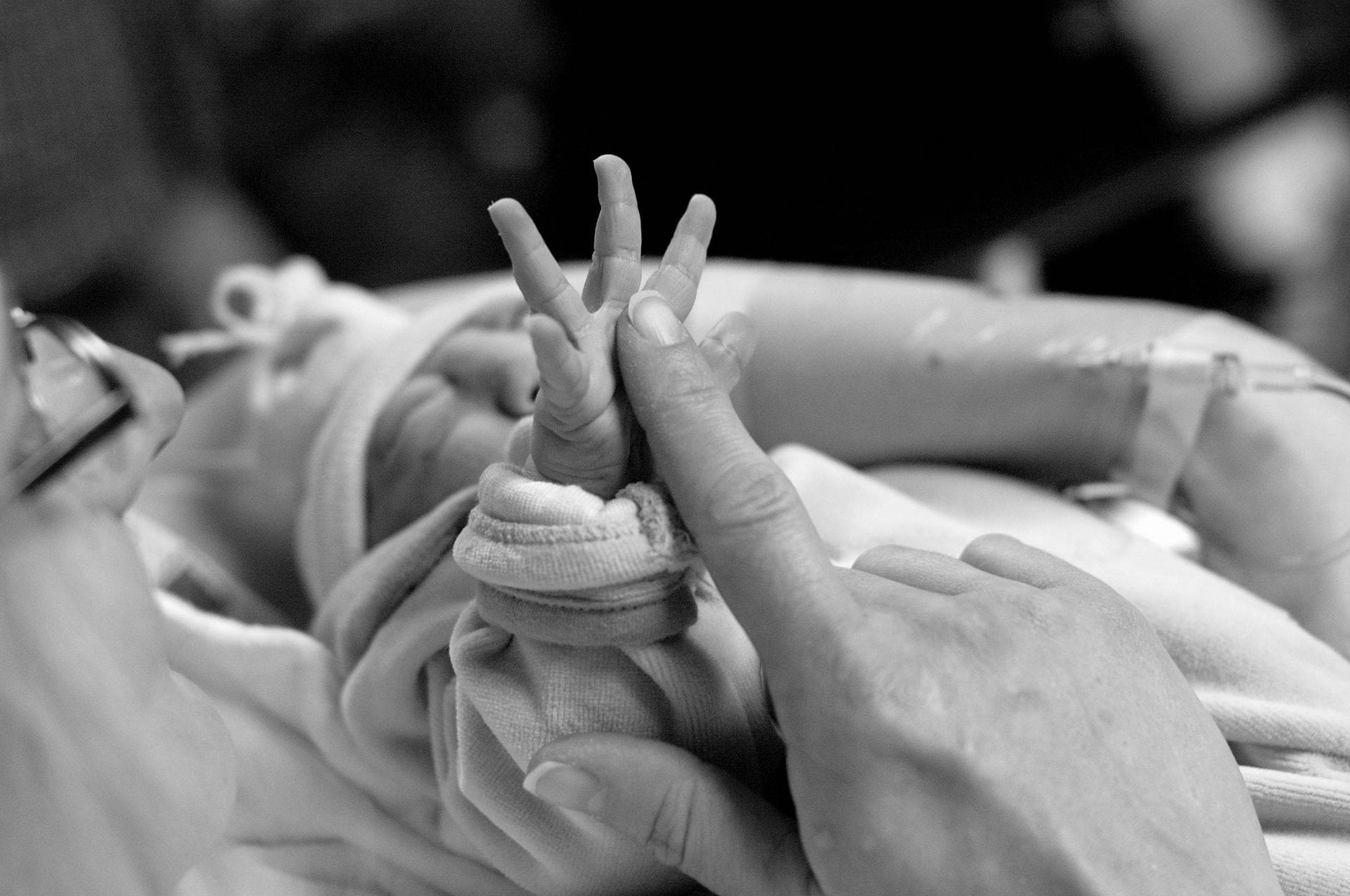ROME – Although the Oct. 5-19 Synod of Bishops on the family may be primarily a gathering of prelates, during the opening two days of the meeting it’s largely been the laity who have stolen the show.
Since this is a summit on family issues, the synod invited 12 married couples from around the world to be among a group of what’s known as “auditors,” meaning people who take part in discussions but don’t get a vote.
So far, however, the lack of voting rights hasn’t prevented these couples from making an impression.
To be fair, part of the reason that the comments loom large is because the Vatican hasn’t provided much in terms of what the bishops are saying, other than a list of who’s speaking every day, so there’s a natural tendency to play up whatever’s available.
Even so, the couples have turned some heads.
Yesterday the synod heard from Ron and Mavis Pirola of Sydney, Australia, who’ve been married for 55 years and have four children. They delivered a dose of real life, telling the bishops about friends whose gay son said he wanted to bring his partner home for Christmas.
The Pirolas explained that their friends are faithful Catholics but also loving parents who wanted their grandchildren see them welcoming their son’s partner into the family. Their response, the Pirolas said, could be expressed in three simple words: “He’s our son.”
The Pirolas offered the episode to illustrate how clerics might learn something from families about how to strike a balance between upholding church teaching but also showing “mercy and compassion.”
Today, it was the turn of a couple from the Philippines who’ve been married for 27 years and also have four children. Both are involved in “Couples for Christ,” a lay association recognized by the Vatican.
Cynthia and George Campos told the bishops that at one stage they tried to launch an outreach program for couples in “irregular situations,” such as people who weren’t married in the Church, who are living together without marriage, or whose marriages broke down and they remarried without an annulment.
The organization didn’t get off the ground, the Camposes said, in part because they were told by Church officials that their group is meant only for couples married in the Church.
That experience, they said, led them to hope for more “enlightened pastoral charity” in the church, which could foster “innovative forms of accompaniment” and “inclusive participation in church life.”
In other words, this Filipino couple used their turn at bat in the synod to make a case for a more “open-door” policy in Catholicism, trying to gather in people who run afoul of the rules rather than turning them away.
Granted, the real power in terms of working through these issues as the synod rolls along belongs to the bishops, and in the end it’s entirely up to Pope Francis to decide what to do with their advice.
After the second day, however, no one would confuse these lay couples with mere window dressing at the synod. Come what may, they’re giving this group of prelates something to think about.















